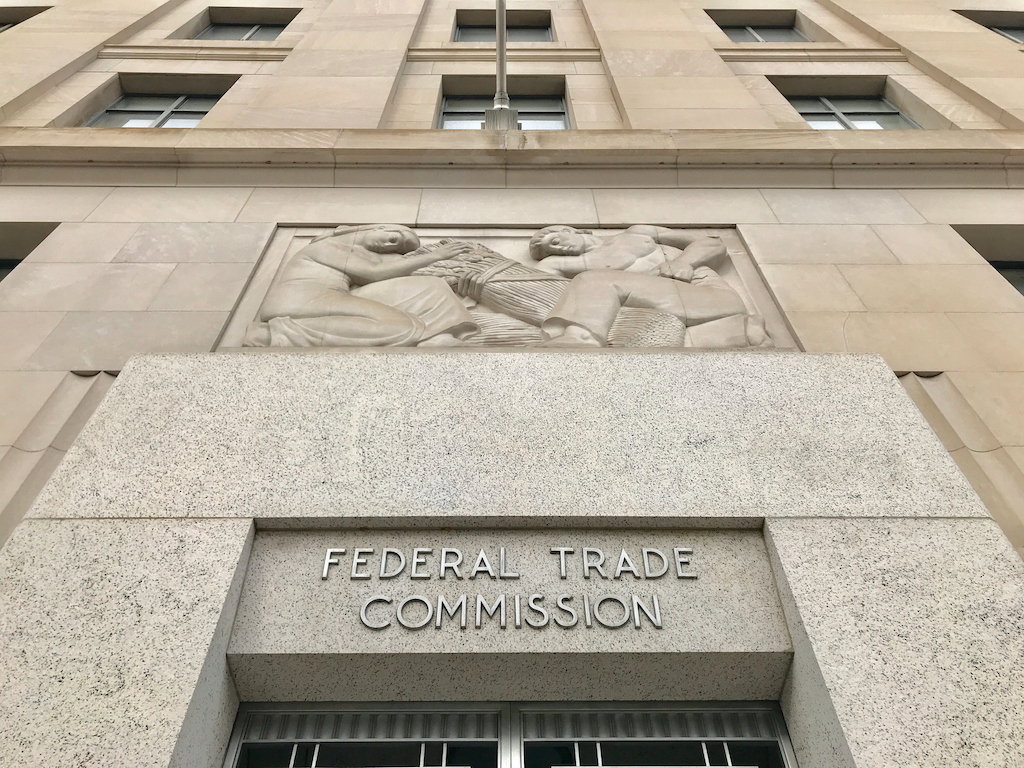Originally, the law of non-compete in employment agreements was established for good reason ‘to shield and protect employers from abusive employees’. As with many well-intended laws, it later became abused by employers and made to act like their sword to unreasonably control and restrict the mobility and compensation of their employees to where their hands were tied.

In simple terms, a non-compete in franchise agreements is a contractual provision that limits a franchisee’s ability to continue to perform his trade in a similar way within a reasonable geography within a reasonable time period so as to avoid competing with the franchisor by using and/or revealing his tricks of the trade. The problems began when employers and franchisors started using the non-compete as a sword by unreasonably controlling a worker’s or franchisee’s freedom to move away from the relationship and restrict the ability to progress in earning a living.
In addition to harming employees and franchisees, competitors are also hurt with non-competes because they can’t find capable and skilled staff due to this effect of restricting the movement of labor, therefore it’s anti-competitive! This caused many states such as California among others to begin watering down the enforceability of this law for this reason. Some states, for instance, enforce it only where there’s a legitimate business interest to uniformly protect a trade secret or practice.
In most states, including California, non-competes are enforceable if they arise from the purchase and sale of a business. These are usually only effective when the ownership stake exceeds more than 25% of the business. In their consideration of accepting non-competes, some states consider the level and knowledge of the employee, such as differentiating a C-level executive who has vast inside knowledge and bargaining power versus that of a low level staff person.
The Federal Trade Commission (FTC) is designed to promote competition in order to improve the quality of the labor force, products and services at a competitive price. This is for the benefit of the consumer. Non-competes are increasingly thought to be an unfair method of competition because it obstructs competition and should therefore be generally unlawful except in certain commercially reasonable circumstances. The FTC’s sentiment is that the non-compete agreement suppresses wages and earnings (including those not bound by non-competes given the established market pay scales for similar work and bench-marking).
The FTC proposed a new rule to ban non-competes in employment agreements whether paid or unpaid, whether an intern, volunteer, independent contractor, or sole proprietor. Furthermore, it requires any existing non-compete agreements be rescinded within 60 days of the passing of the proposed law. The proposal further requires that individualized notification must be given to every worker that has a live non-compete provision in effect stating that it is unenforceable, assuming the FTC proposal is passed as currently written. This proposed FTC rule, if it passes, will trump all states’ statutes and their authority on this issue of non-competes.
In addition, if the effect of the words in a contract such as a non-disclosure agreement (NDA) or confidentiality agreement are interpreted as acting like a non-compete, then it is considered a non-compete and therefore illegal according to the proposal by the FTC. For instance, if an employer or franchisor instead of using non-compete use the words non-disclosure and non-solicitation in the agreement which are not part of the proposed rule, but its effect is more typical of the controls in a non-compete, then it would be considered to act like a non-compete and therefore unenforceable. Robert Zarco says, “If it walks, talks, and acts like a duck, then it is considered a duck” regardless of any attempts by attorneys to get around the proposed law by drafting creative language. The test is functionality; enforceability will be eliminated if the control is too broad on restricting mobility and compensation to earn a livelihood in the spirit of promoting competition. Employers will continue to be able to protect trade secrets, intellectual property, proprietary methods and information.
Some employers abuse their relative power and place a non-compete in their agreements while knowing that it is not enforceable in their state but put it anyways knowing it is expensive for the employee or franchisee to litigate and prove otherwise. This abusive use of the sword causes employees to stay in their current job, which is anti-competitive.
How does the proposed rule against non-competes affect franchising, especially when it specifically includes independent contractors? Franchisees are considered independent contractors; they are not considered an agent, partner, or employee of the franchisor. Lawsuits will likely ensue in the wake of the passage of this law if it prevails declaring that the FTC exceeded its rule-making authority, which will likely slow its ultimate implementation. For franchisees, it is a double-edged sword because they essentially sit on both sides of the table. On one hand, they are employers to their staff where elimination of the non-compete could be detrimental to retaining key employees. On the other hand, they are simultaneously franchisees acting as independent contractors of the franchisor and therefore often benefitting from the freedom of doing away with non-competes. Yet, franchisees could also be protected from competitors poaching on their territory and cannibalizing on their sales by locating a similar business next door. The pros and cons are not black and white; there will be many grey areas. It is important to prepare and plan for all scenarios in your agreements as well as in the management of your operations.
Proper guidance from an experienced franchise law and employment attorney is crucial who can draft employee agreements that can withstand legal scrutiny under the federal non-complete ruling if it comes to pass. One size does not fit all the unique circumstances.The importance in your agreements is to protect trade secrets and the ingredients to your secret sauce. The abuse of the original non-competes is what brought this about. This move by the FTC is an act to swing the pendulum to bring more balance of power between employers and employees, between franchisors and franchisees. Abuse and greed turned the original shield into a sharp sword. This proposed law by the FTC on non-competes is intended to rebalance that power and promote competition, however, it is riddled with consequences which makes it difficult to navigate through these treacherous waters.


















